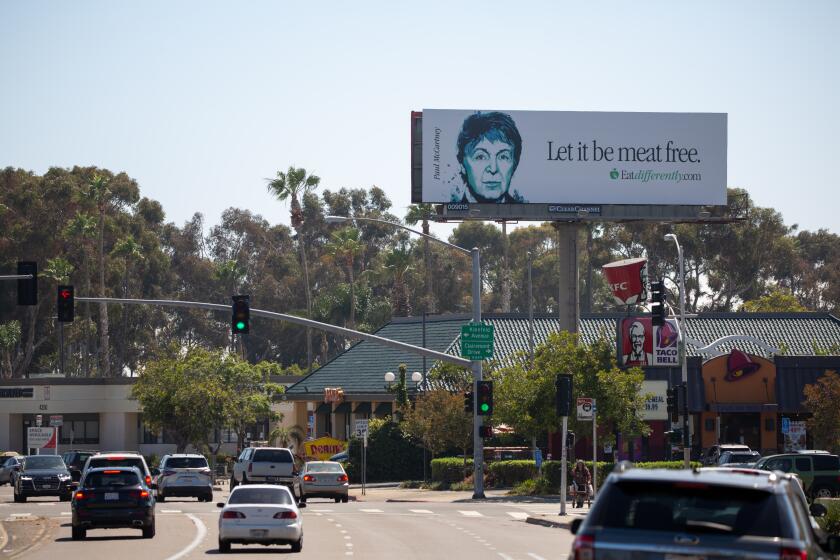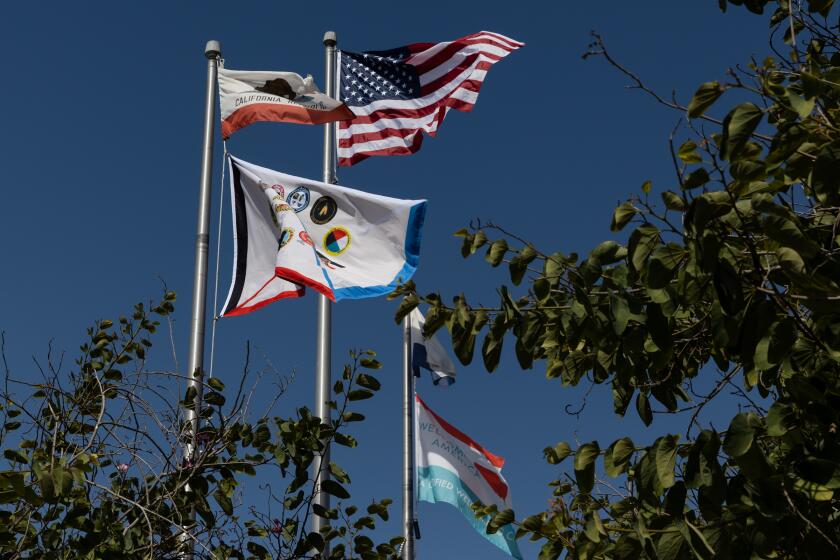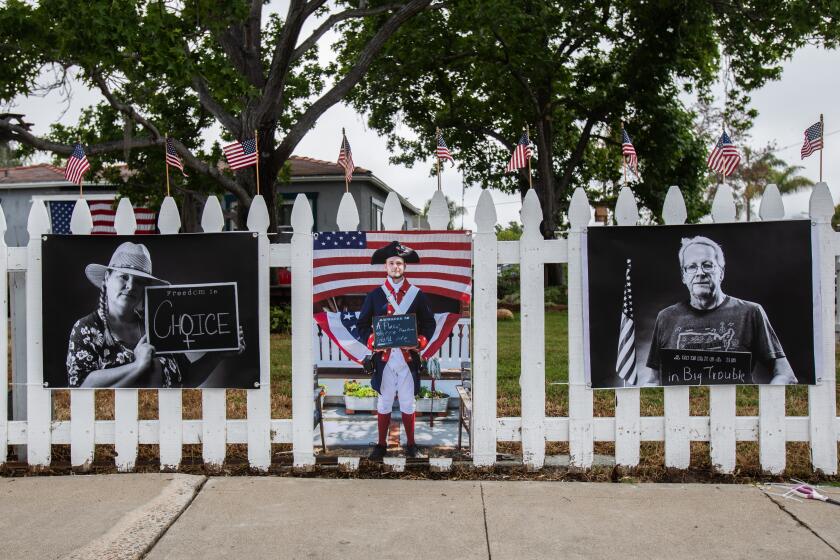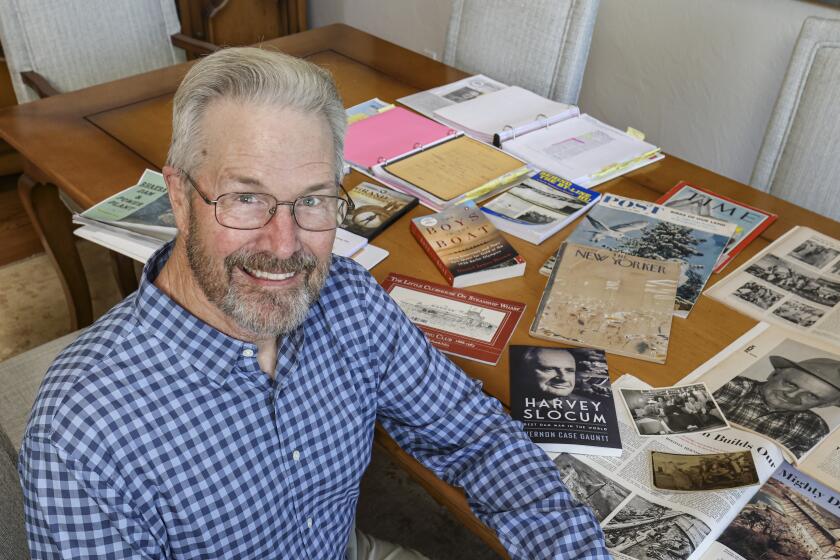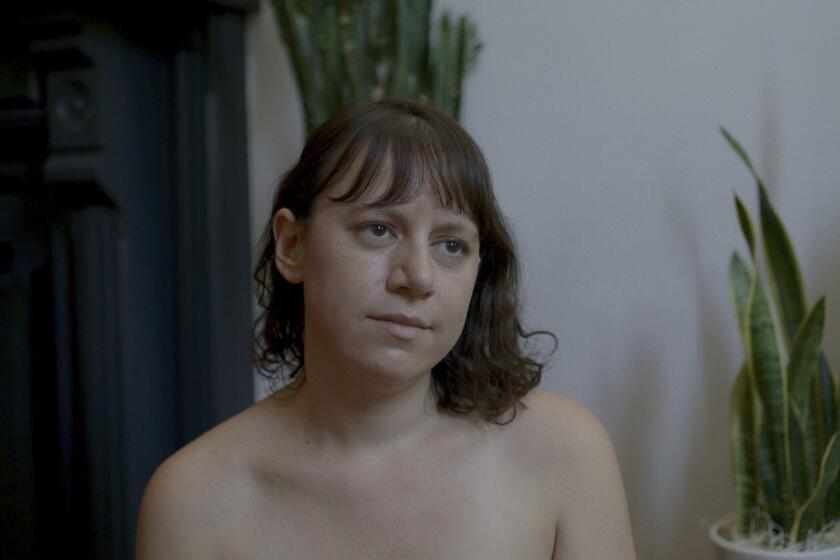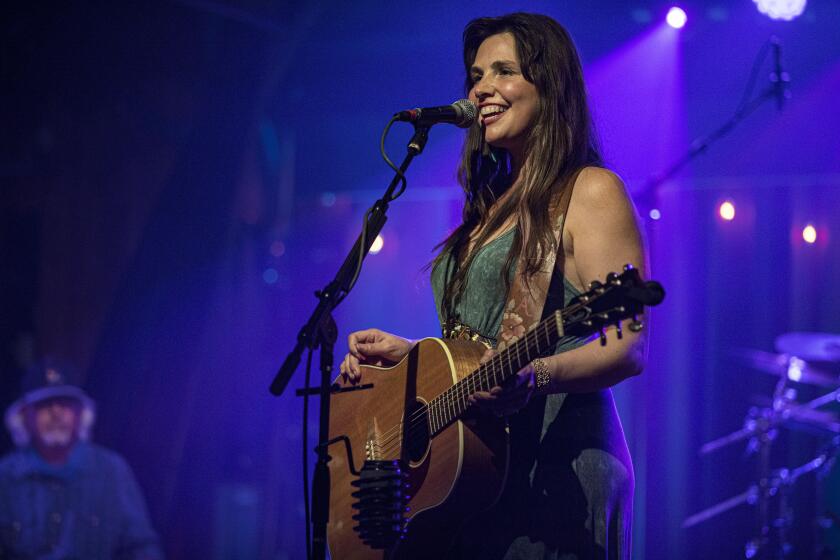Shelter as idea, and a novel
In her debut novel “Shelter,” Jung Yun uses the story of a dysfunctional family thrown back together by violence to explore questions of nature versus nurture and what it means to be a good parent.
Born in South Korea, raised in North Dakota, Yun lives now in Massachusetts. She’ll be at Warwick’s on Thursday at 6:30 p.m. (along with Patricia Park, another debut novelist whose “Re Jane” is a contemporary retelling of Jane Eyre).
Q: Was there a particular event or image in your head that got “Shelter” started for you?
A: I was in the second year of my MFA program at the University of Massachusetts. It was 2004, and the image that came to me first was the idea of this man standing in his kitchen window and washing his dishes and seeing his elderly mother walking toward the house naked. That turned out to be basically one of the first scenes in the book, but in 2004 I had no real idea why I was writing it. I put the idea away for several years and didn’t come back to it until 2007 and then really didn’t start writing the novel until 2010.
Q: What was going on in your own life that made that image come into your head?
A: I think the best guess that I can come up with is that in 2004 my parents were in their 60s, they were starting to have those early conversations about retirement, and I was thinking about the fact that when they retired, their lives were going to change but in all likelihood my life was going to change, too, as they became more dependent on me and my older sister for help.
That was perfectly fine. That was something that I was prepared for. But I think that what I’ve noticed about a lot of friends who have gone through this transition is that some of them, as much as they loved their parents and felt obligated to take care of them as they get older, I sometimes sensed that they felt, especially those who had young children, kind of inconvenienced. Trapped in the middle between having children of their own and having elderly parents who also needed care. They call it the sandwich generation. I once accidentally called it the panini generation. I don’t know where I got that from.
Q: Maybe you wanted lunch.
A: I guess so. But I think that is my best guess for what sparked that idea in 2004. Of course, the interesting question with a scene like that is, what in the world happened to this mother before she turned up naked in the field? And what happened with the mother and son afterward?
Q: Tell me about the precipitating event, which is a brutal home invasion. Was there a particular reason for that kind of crime?
A: In 2007 there was actually a real-life home invasion in a town called Cheshire, Conn., which is about 90 minutes south of me. Two men took this family of four hostage, did absolutely terrible things to the women, and then they set the house on fire when they felt the police were starting to close in. And the only person who survived was the father. I became so fascinated by this man. I had no idea how he would ever be able to go on with his life. And I think the one thing that gave me a little bit of hope was that whenever I saw him on the news, whenever I read about him in the papers, he seemed to have this loving and supportive family surrounding him.
I think that was the beginning of the big question that led me to write the novel, which is what if a similar set of circumstances happened to a very different kind of family, one that wasn’t very loving and was actually pretty dysfunctional and is estranged from the start? That is what I wanted to solve for myself.
Q: Your main character, Kyung, is a wreck as a husband and a father because of the way he was raised. What are your thoughts about the nature versus nurture argument?
A: I think that it’s definitely an interesting argument. I think I started thinking about it in the context of this particular work. I set out to write a main character who was kind of unlikable, but I really wanted people to understand how he ended up that way and to see the internal struggle he felt knowing all the ways he wasn’t really living up to his responsibilities as a father, as a husband, and even as a son.
Q: What were the challenges for you as a woman writing from the perspective of a man?
A: I didn’t actively think about the challenges of writing about a male character. I think early on I wanted this character to be male and to be an only son in an immigrant family where there is a traditional pressure to take care of one’s parents as they get older, to demonstrate filial piety. And I also wanted to play with some ideas of masculinity, the idea of a man who is supposed to provide for his family. That’s something Kyung feels he has to do and knows that he’s not doing well.
Q: One of the other themes here is how the ideal of the American dream affects the parenting of immigrants. Was there something in your own story that drew you to that?
A: I am what you would call a 1.5 generation immigrant. I came here when I was like 31/2. So I have memories of Korea, but my life really started in the United States. I grew up watching my parents work really hard and feeling like I had to work hard, too, to make all the sacrifices that they made worthwhile. But that’s an example of how that relationship between generations is a positive one and I wanted to sort of invert it, flip it on its head, because what Kyung feels when he looks at his parents is: They’re so much wealthier, they’ve done so much better.
I liked that tension between the first generation and the second generation because we see that, given the way the economy is, it is a lot harder now for children to grow up and do as well as, if not better than, their parents. It’s harder to buy a house. It’s harder to get out of college without a huge amount of debt. I think that’s a pressure that many, many people regardless of their race or their ethnicity feel today.
Q: The title, “Shelter,” works on several levels. Was that what you called it all along?
A: It was not the title. I struggled with titles, and I think there were three or four. We had been brainstorming for quite a while, and this is soon after I signed my contract with Picador. I was really anxious because I wanted to know what to call this piece of work I had spent 31/2 years of my life on. But we just came up with a lot of duds. Those early names were sort of terrible.
Q: Give me an example.
A: “The Starling House.” Because Kyung’s parents live at the intersection of Starling and another street. So for a while we were thinking this was a good name. Then we let it sit for a little bit and we were, “No, absolutely not.” Then one day, Elizabeth Bruce, my editor, came up with “Shelter.” I think the second she sent that email I was on board. That just seemed like a very layered title, because shelter means so many different things and a lot of those definitions are in play in the book. It actually does feel like the right and only title now.
Get U-T Arts & Culture on Thursdays
A San Diego insider’s look at what talented artists are bringing to the stage, screen, galleries and more.
You may occasionally receive promotional content from the San Diego Union-Tribune.

